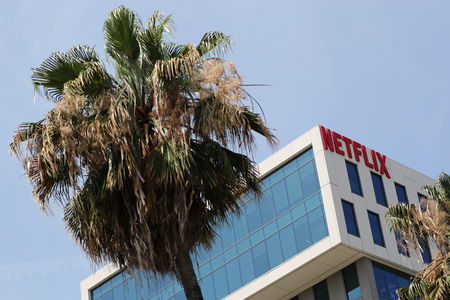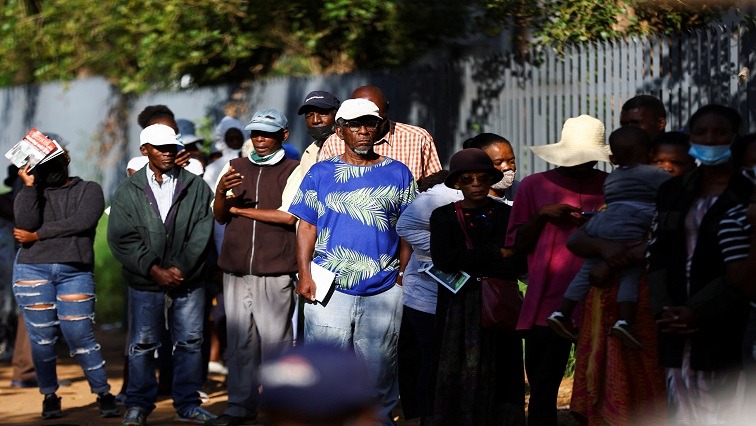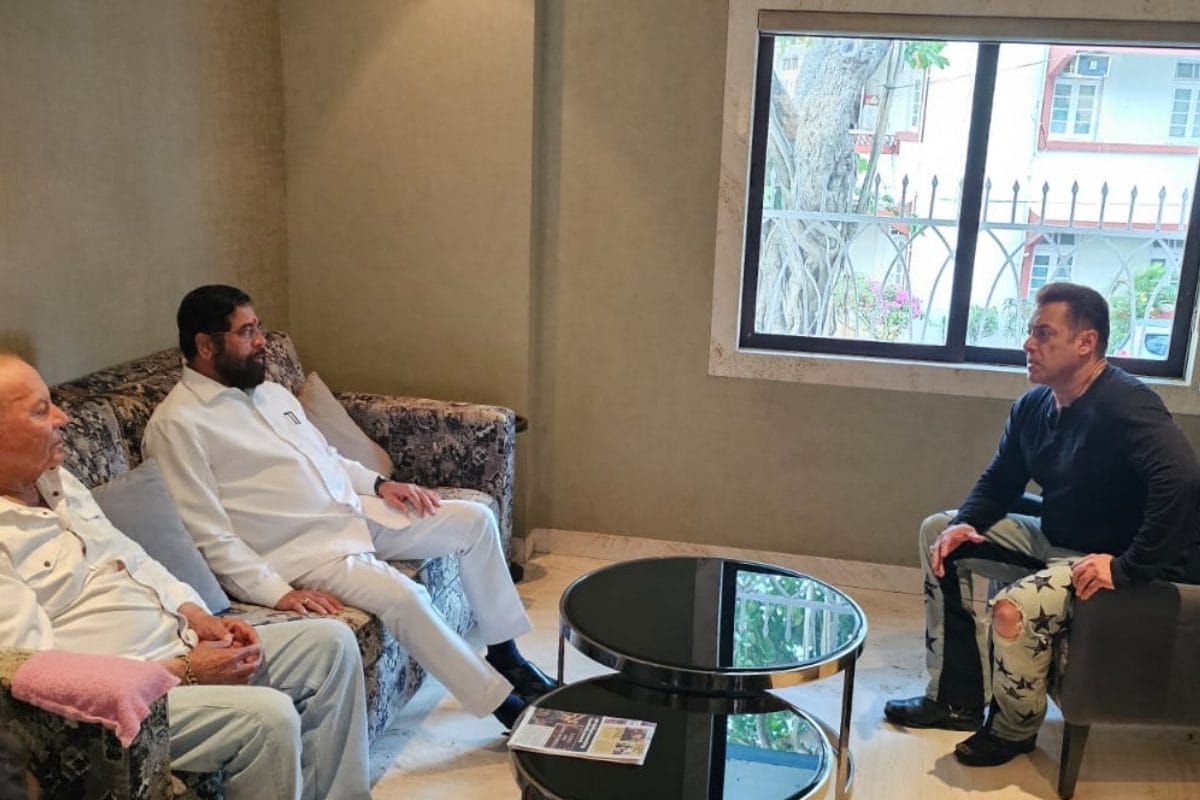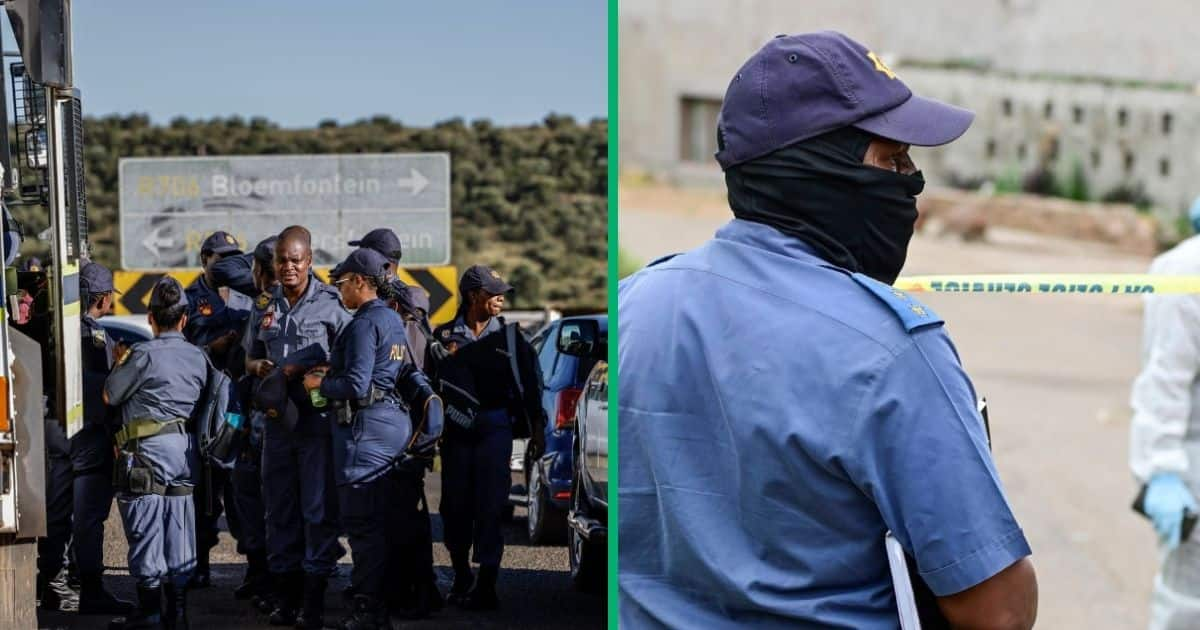UN’s role in SA’s democratic transition hailed as milestone
The role UN played in South Africa's transition to democracy has been decribed as a milestone.
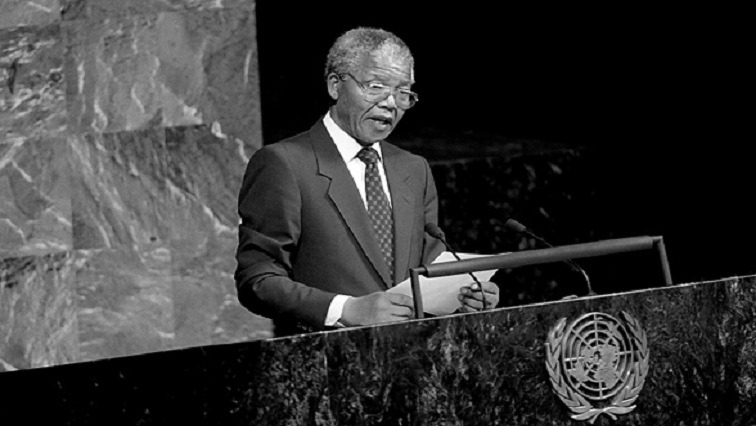
The role played by the United Nations (UN) in South Africa’s transition to democracy has been described by the current Secretary-General as a milestone of which the organisation should be proud.
Antonio Guterres was speaking at the unveiling of a bronze statue of former President Nelson Mandela in 2018, a likeness of South Africa’s first democratically elected head of state that today adorns the visitor’s entrance to the organisation’s headquarters in New York.
It is a moment that epitomises South Africa’s strong bond with the organisation that has seen Presidents from Mandela to Ramaphosa visit the UN annually to address the General Assembly.
Nelson Mandela
When 78-year-old Nelson Mandela delivered his inaugural address to the United Nations General Assembly as President of the Republic on 3 October 1994, all protocol went out the window as he received a standing ovation before uttering a word from the famed lectern.
“That this August assembly is addressed for the first time in its 49 years by a South African head of state drawn from among the African majority of what is an African country. Future generations will find it strange in the extreme that it was only so late in the 20th century that it was possible for our delegation to take its sit in the Assembly, recognised both by our people and the nations of the world, as the legitimate representative of the people of our country.”
Madiba, as his successors have done since, acknowledged the key role the UN played in South Africa’s struggle for political freedom, including the suppression of Apartheid as a crime against humanity.
“We stand here today to salute the United Nations Organisation and its member states, both singly and collectively, for joining forces with the masses of our people in a common struggle that has brought about our emancipation and pushed back the frontiers of racism. The millions of our people say thank you and thank you again that the respect for your own dignity as human beings inspired you to act and to ensure the restoration of our dignity as well.”
Thabo Mbeki
Assuming the reigns in 1999, former President Thabo Mbeki would address the Assembly on 20 September of the same year – affirming the UN Charter and pointing to the organisation’s supreme responsibility to work for the prevention of conflict, to affirm human dignity and that end, the urgent need for the meaningful restructuring of the UN.
“There should be no need on the part of any country to seek to establish spheres of influence, as a supposed necessary condition for the advancement of international interests. Secondly, the very sustenance of democracy across the globe requires that in every democratic country, the ordinary people should feel that they actually do enjoy the right to determine their destiny. In other words, no country should be required to restrict its exercise of its rights simply because some other, more powerful country, dictates that it should be so. Thirdly, these circumstances create the possibility for a more democratic system of international governance, as would be reflected by a correct restructuring of this very organisation.”
Jacob Zuma
Former President Jacob Zuma would rise to the pinnacle of South African political power in 2009, the same year the General Assembly adopted a resolution declaring Madiba’s birthday 18 July, Nelson Mandela International Day – an annual event steeped in community service and giving back- with the country’s third post-Apartheid President also asserting the UN as the centre of multilateralism globally.
“The UN must continue to be at the center of multilateralism, but it needs to be reformed if it is to carry out its mandate effectively, efficiently and transparently. We remain committed to the view that no reform of the United Nations can be complete without the fundamental reform of the Security Council.”
Cyril Ramaphosa
This is a position that has been reiterated by every President since 1994 – also, pressing for the lifting of the embargo in Cuba and the self-determination of the people of Palestine and Western Sahara -with the incumbent further aligning South Africa with the UN’s development agenda.
“We are building a new democratic nation, united in its diversity. We are working to correct the injustices of our past and to build a society that is free, inclusive, and sustainable. We are pursuing an economic path that draws on the resources and capabilities of all our people to eradicate poverty, unemployment, and inequality. We are determined through our international relations to be a force for progress and peace and global equality and will continue to advance the interests of the African continent and the Global South,” said President Cyril Ramaphosa during his maiden address to the General Assembly.
UN Security Council
South Africa has also served three two-year terms on the UN Security Council – in 2007, 2011 and 2019 while in 2014, the GA established the Nelson Mandela Prize which, every five years, recognises the achievements of those who have dedicated their lives to the service of humanity.
SABC News’ UN Correspondent Sherwin Bryce-Pease reports that the UN relationship with South Africa is cemented in history – bonds that will be hard to break. As current Secretary-General Antonio Guterres said at the unveiling of Madiba’s bronze statue in 2018, the “fight against apartheid marked a milestone in human rights and freedom. And that the credit goes to the people of South Africa, but also to the role played by the United Nations, a role of which we should all be proud.”
The Secretary-General called Madiba a global citizen whose “legacy must continue to guide us 30 years into democracy and beyond”.
What's Your Reaction?


















